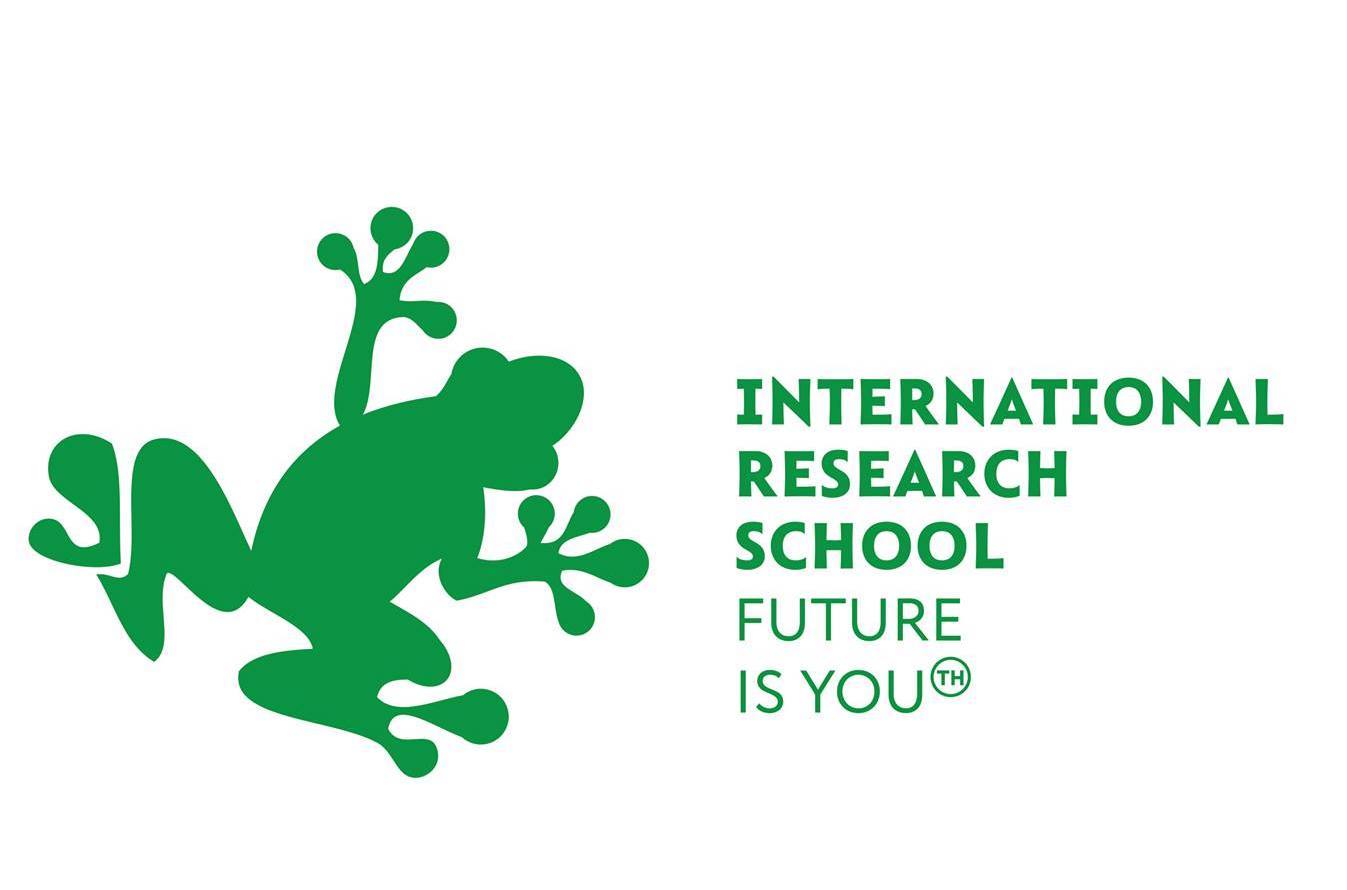14TH INTERNATIONAL RESEARCH SCHOOL
Investigation of the functioning of solar panels in the summer period in considering climatic features
Physics, Alternative Energy, Electronics
Due to the constant increase in environmental pollution in recent years, as well as the high concentration of contamination has greatly reduced the amount of solar radiation that can reach the Earth. This reduction has a direct impact on the use of solar energy.

Fig. 1. Spectrum of solar radiation. As can be seen from the figure, the largest part of the microwave spectrum is absorbed by compounds of the H2O type and also an insignificant part by compounds of the CO2 type.
The research project is aimed at studying the features of the operation of solar cells in sharply continental conditions, in particular, in the climate of Yakutia.
It is supposed to carry out experimental measurements of the current strength and voltage from external parameters on clean solar cells and solar cells with dusting simulation.
It is supposed to carry out experimental measurements of the current strength and voltage from external parameters on clean solar cells and solar cells with dusting simulation.

Fig. 2. Comparison of solar panel surfaces: a – clean surface; b - dusty surface
During the work on the research project, the participants will get acquainted with the basics of circuit design. It is planned to create our own solar panel from elementary cells based on polycrystalline silicon. On the base of this panel it is planned to construct a low-power solar power plant.

Fig. 3. The process of creating a solar panel
We will investigate the work of the created solar panels, taking into account the characteristics of the region.
The sharply continental climate of Yakutia has the following features:
1) the maximum summer temperature is up to +40°C, the minimum winter temperature is -60°C or even less
2) Record release of microparticles in summer due to numerous fires. The parameters of dust content and concentration of finely dispersed particles exceed the MPC in accordance with RD 52.44.593-2015
3) in Yakutia, with its permafrost, an abnormal increase in the average annual temperature is recorded (about 2.5-3 times higher than in other regions).
Students that are planning to participate in the project remotely can conduct a similar experiment in their region (if solar cells are available), and we will compare our results. Another option for remote participation is the joint development of an experiment, observation, processing and analysis of the data obtained by the team in Yakutia.
If you are interested in topical problems of modern energy, then we are waiting for you at our project!
The sharply continental climate of Yakutia has the following features:
1) the maximum summer temperature is up to +40°C, the minimum winter temperature is -60°C or even less
2) Record release of microparticles in summer due to numerous fires. The parameters of dust content and concentration of finely dispersed particles exceed the MPC in accordance with RD 52.44.593-2015
3) in Yakutia, with its permafrost, an abnormal increase in the average annual temperature is recorded (about 2.5-3 times higher than in other regions).
Students that are planning to participate in the project remotely can conduct a similar experiment in their region (if solar cells are available), and we will compare our results. Another option for remote participation is the joint development of an experiment, observation, processing and analysis of the data obtained by the team in Yakutia.
If you are interested in topical problems of modern energy, then we are waiting for you at our project!
Requirements to the students:
Basic school knowledge of sections of electrostatics, electrodynamics, mechanics, optics and kinematics
Basic school knowledge of sections of electrostatics, electrodynamics, mechanics, optics and kinematics
Tutor

Evgenii Boiakinov
Yakutsk, Russia
Yakutsk, Russia
Evgenii's education profile closely relates with radiophysics, thermophysics and theoretical heat engineering and new materials.The area of his scientific interests is related to the study of thin-film materials.
From 2016 to 2020, Evgeny collaborated with the Laboratory of Nanomaterials of the Ammosov North-Eastern Federal
University (NEFU) and with the Laboratory of Materials and Surfaces (LPMS at the CY University in Cergy, France). Currently, he workes as an assistant at the Department of Theoretical Physics of NEFU, and also collaborates with the Regional Center for Gifted Children of the Republic of Sakha (Yakutia) as a teacher.
Hobbies of Evgenii: playing the guitar and jogging . Last year he was fond of books on the principles of electronics, quantum physics, mathematical modeling of physical processes.
Evgeny speaks Yakut, Russian, English, French and little bit Even languages. He uses Matlab, Java and Python for programming. In the future, he wants to improve his knowledge of Even and French, as well as knowledge of electronics, alternative energy, and quantum physics.
From 2016 to 2020, Evgeny collaborated with the Laboratory of Nanomaterials of the Ammosov North-Eastern Federal
University (NEFU) and with the Laboratory of Materials and Surfaces (LPMS at the CY University in Cergy, France). Currently, he workes as an assistant at the Department of Theoretical Physics of NEFU, and also collaborates with the Regional Center for Gifted Children of the Republic of Sakha (Yakutia) as a teacher.
Hobbies of Evgenii: playing the guitar and jogging . Last year he was fond of books on the principles of electronics, quantum physics, mathematical modeling of physical processes.
Evgeny speaks Yakut, Russian, English, French and little bit Even languages. He uses Matlab, Java and Python for programming. In the future, he wants to improve his knowledge of Even and French, as well as knowledge of electronics, alternative energy, and quantum physics.

Alexander Boiakinov
Yakutsk, Russia
Yakutsk, Russia
Alexander's specialization is "fundamental physics" (from 2017 to 2021). The scientific research is devoted to the study and modeling of extensive air showers in COREAS software package. In 2021/22 academic year, taught the discipline "informatics" for the department of "theoretical physics" at NEFU, Yakutsk. Now I am a master's student at the NEFU Institute of Physics and Technology in the direction of "Convergence: High Technologies". Alexander's hobby is chips soldering, he also likes jogging. He speaks Yakut, Russian, English. For programming he uses Java and Python. In future Alexander would like to learn how to play the guitar.


